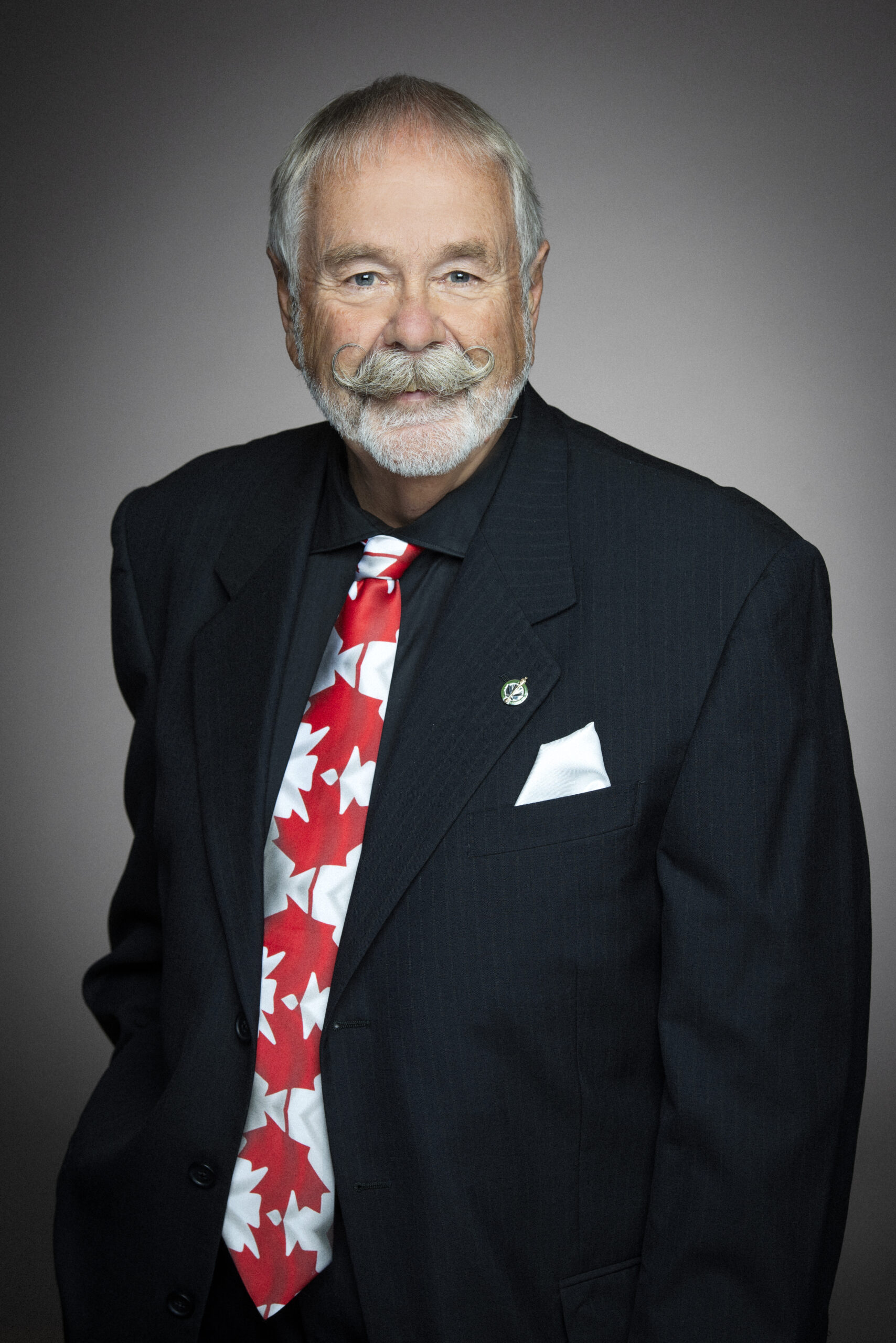In a scathing critique, former Calgary Mayor and current NDP leadership contender Naheed Nenshi has condemned a new Alberta bill that would drastically increase the provincial government’s control over municipalities. Speaking in Lethbridge, Nenshi described the bill, which allows for the dismissal of councillors and the overturning of municipal bylaws, as a product of “spite and arrogance.”
The proposed legislation, which could also see political parties participating in municipal elections in Edmonton and Calgary as early as next year, has sparked concerns about the erosion of local democracy. “This government is retaliating against the voters of Calgary and Edmonton who didn’t vote in their favor,” Nenshi stated, reflecting on the government’s motives.
Nenshi, who served three terms as Calgary’s mayor after his election in 2010, is now vying for the leadership of the NDP along with notable figures such as MLAs Kathleen Ganley, Sarah Hoffman, and Jodi Calahoo Stonehouse, and Alberta Federation of Labour president Gil McGowan.
In contrast, Alberta Municipal Affairs Minister Ric McIver defended the bill, claiming the new powers would be used sparingly to ensure fairness and accountability in elections. “My most fervent wish is that this authority is never used. We don’t want to intervene in municipal matters,” McIver explained.
However, Nenshi argued that municipal councils are democratically elected and highlighted that current Calgary Mayor Jyoti Gondek likely garnered more votes than all United Conservative Party MLAs in Calgary combined. He criticized the provincial government’s approach as not genuinely focused on governance but rather on serving its own interests.
The Alberta Municipalities board of directors has also expressed opposition, stating that political parties in local elections are unwanted by most Albertans and warning against Alberta being caught in a perpetual conflict between the province and Ottawa.
Further controversy surrounds the bill’s provision to ban electronic voting tabulators in favor of hand-counted ballots—a move McIver believes will enhance voting integrity. “If we can reduce doubt in the public’s confidence about who is declared the winners, we think that rises above all other considerations,” McIver stated.
The bill is part of a broader trend of increasing provincial oversight, highlighted by another recent proposal that would allow the provincial government to veto agreements between the federal government and local entities, including municipalities and educational institutions.
As debate continues, stakeholders from across the political spectrum are voicing their concerns over what they see as an overreach of provincial power into municipal governance.









